The countries of Eastern Europe continue to struggle with the classification of their history and the people and currents that shaped it. This is especially true for the legacy of the time immediately before the Communist seizure of power. In many Eastern European countries, since the 1920s, there were fascist or openly National Socialist groups that enjoyed widespread popular support; they generally combined radical anti-communism with a totalitarian idea of society and eliminationist anti-Semitism modeled after German National Socialism.
From these groupings, the Nazis gained before and at the outbreak of WWII many fanatical supporters for their policy of violence and extermination, a policy that aimed at the complete eradication of whole races, especially the Jews and Roma. The prejudices and social exclusion that had prevailed for centuries, as well as the existing willingness to use violence against these population groups in Eastern Europe, were taken up by the Nazis and made serviceable for their barbaric extermination project. The anti-Semitic and fascist organizations of the “elites” in these countries disappeared apparently later with the Communist seizure of power, but the persons and attitudes of course remained largely unchanged.
While many leading members of fascist groups settled in the West in time, and others being executed or sentenced to lengthy prison terms in trials that were usually not according to the standards of constitutional democracies, there were also many who remained undisturbed. Among other things, the collapse of the communist bloc in Eastern Europe led to the formation of political groups that deliberately leaned towards pre-war organizations and that see themselves as following the values of such organizations. As a rule, the anti-communism of these pre-WWII groups is emphasized, but the totalitarian-fascist and anti-Semitic tradition is often concealed or relativized.
Hard-boiled anti-Semites and racists who have survived the communist regime and who are still proud of their (mis)deeds against Jews, and who in some cases spent decades behind bars in a communist prison, were suddenly revered by many despite (or perhaps because of?) their open advocacy of the ideology of their youth as anti-communist martyrs and heroes and role models for 21st century youth. And frequently, there are willing intellectuals who wholeheartedly support this revisionist narrative.
I want to report on such a case here. The focus is on the Bulgarian writer Zachary Karabashliev, whose novel 18% Gray is also available in English translation.
What is it all about? On his Facebook profile Karabashliev describes a visit to a 97-year-old retiree, and he provides photos and explanatory text. This encounter has, in his own words, strongly impressed him. The old man, apparently still astonishingly vigorous for his age, was harassed several times by intruders in his home and probably also physically abused. Karabashliev demanded in a letter from the competent ministry a better protection and an increased pension for the war veteran, who also spent many years in a prison of Communist Bulgaria as a regime opponent.
So far so good. There is no one who does not regret the poor living conditions of pensioners in Bulgaria, and also the frequent lack of recognition that many innocent victims of the communist system (in)justice have received in today’s Bulgarian society. So quite a noble action, which honors also the initiator, one could believe at first glance. Another picture, however, comes to light when you are digging a bit deeper.
The old man, whom Karabashliev praises, and whom he has repeatedly dubbed in public statements – even on television – as a hero, is called Dyanko Markov. Markov was imprisoned in communist Bulgaria for political reasons and was rehabilitated in the years after 1989. He was then a member of parliament for a right-wing party and became the most prominent living symbol of the political Right in Bulgaria because of his strong anti-communist stance. Markov wrote his memoirs, he often appeared as a speaker at public events (for example at the European Parliament) and was repeatedly interviewed. He is not just any pensioner, but in Bulgaria a well-known figure of public life. We are dealing with someone whom many – Karabashliev, for example – consider to be an exemplary hero and as such he was and is always present in the Bulgarian public.
In the first version of his Facebook post, Karabashliev also mentioned in detail and admiringly a part of the biography of Markov, which he interestingly later edited and completely deleted. This section referred to Markov’s membership in the so-called “Legions” and his alleged heroic deeds during World War II.
The Union of Bulgarian National Legions was an anti-Semitic and openly fascist paramilitary organization led by Hristo Lukov from 1933 on (he used the title “National Leader”). The youth organization of the Legions used the swastika as part of their emblem, the uniforms of the Legions and also the program were directly based on the blueprint of the German SA and also otherwise this movement was regarded as an arm of Hitler in Bulgaria and was strongly supported accordingly by Nazi Germany.
Eliminationist anti-Semitism was particularly actively promoted in Bulgaria by radical groups such as the Legions. Lukov, who eventually rose to become a general, Minister of War, and the “gray eminence” in the background, used the Legions as a base to gain more and more political influence and power; the Gestapo seriously debated whether they should support a coup d’etat by Lukov against Tsar Boris III who was for opportunistic reasons – the defeat of the Nazis was already forseeable – reluctant to carry out the Final Solution in Bulgaria; a replacement by a dictator Lukov, would according to the reasoning of the Gestapo, “deliver” the Jews for extermination without any problems. Before these ideas could be carried out, Lukov was assassinated by Violeta Yakova, a 19-year-old Jewish partisan (she was later brutally raped and tortured to death by Bulgarian security forces); the strong resistance of many Bulgarian citizens, some politicians (such as Dimitar Peshev) and the Orthodox Church in Bulgaria meant in the end that Bulgaria did not extradite their own Jewish citizens to the Nazis.
The Jews in the Bulgarian-occupied and annexed areas of Thrace, Macedonia and the Pirot region of Serbia were less fortunate: they were the only inhabitants of these areas who were formally declared as non-Bulgarians, and with this “trick” the Bulgarian authorities had laid the basis for deporting them. The deportation in these areas was organized and carried out by Bulgarians, members of the Union of Bulgarian National Legions were particularly eager, since the murder of the Jews corresponded to their own program. More than 11,000 Jews were deported to Treblinka and murdered on arrival.
The founder and “leader” of this organization, which carried out much of the dirty work in the murder of Jews, Hristo Lukov, is the idol of many neo-Nazis in Europe to this day, he is “honored” with a torchlight parade every year in the center of Sofia by groups of neo-Nazis from all over Europe. Lukov is also the idol of Dyanko Markov, and he still propagates the ideas and “values” of the Legions to this very day. His memoirs sing a song of heroism of this organization. The Holocaust in the territories occupied and annexed by Bulgaria was commented by Markov in a speech in the Bulgarian parliament in 2000, in which he stated that the deportation of a “hostile population” was not a war crime. In 2018 he added that the deportation of the Jews to Treblinka was “relatively humane”. Almost at the same time Markov received from the Bulgarian state a high Order of Merit. One wonders, however, for what exactly…
At this point lies the real scandal, in the center of which Karabashliev has now maneuvered himself, probably out of the deepest conviction from the bottom of his heart.
If he and his notorious co-propagandists had wanted to draw attention to the fate of the veterans, the former inmates and victims of the communist regime of injustice or, in general, the shameful situation in which many elderly people in Bulgaria have to vegetate, one could easily choose almost any older person in Bulgaria as an example. The fact that a Dyanko Markov of all people is chosen to make this point, a person whose appearance in the European Parliament triggered a major scandal just a few years ago, after his continued advocacy of an inhumane organization and ideology and his Holocaust relativization became known, is, of course, a hint to the fact that the small group’s political program that keeps repeating Dyankov’s instrumentalization aims mainly at a complete rehabilitation of criminal fascist organizations from pre-war Bulgaria, a rehabilitation on which the group obviously plans to capitalize politically.
Anyone who points out that an inhumane ideology is being propagated here, the ideology of a group whose main historical aim was the mass murder of certain population groups and a cruel war of aggression in the East, anyone who questions why such people should be made into heroes must be prepared for a few things, from – in the end unsuccessful – slander trials to vicious, hate-filled personal attacks from the camp of Karabashliev’s co-propagandists. Unfortunately, such tendencies are probably in the spirit of the times, because in Bulgaria, which is governed by a coalition of right-wing and right-wing extremist parties, intellectual currents that relativize or deny the Holocaust and who claim that it is “the Jews” who need to be blamed for all atrocities of communism (which, as a matter of course makes their mass murder an excusable response); even the age-old anti-Semitic topos of the Jews as Christ-killers celebrates resurrection, e.g. in the columns of the once respected portal “Kultura”. The fact that Bulgarian writers such as Karabashliev and a few other second- and third-rate figures are initiating or supporting such shameful acts is a declaration of moral bankruptcy.
The case Karabashliev weighs particularly hard because of its influential position in the Bulgarian publishing industry. Significantly, with the exception of Angel Igov, who has contradicted the account of Karabashliev and his allies with reference to the facts, and Lea Cohen, who as a Jew is a traditional target of the Bulgarian anti-Semites, no other author has to my knowledge yet intervened in this scandal. Too big is obviously the fear to lose access to publication outlets in the small Bulgarian book market, or to estrange readers, of which a considerable part probably sympathizes with Markov‘s and Karabashliev’s historical revisionism. One may call this cowardice or complete dullness towards moral values; in any case it is a tragedy and a worrying symptom of the state of Bulgarian society these days.
© Thomas Hübner and Mytwostotinki, 2014-9. Unauthorized use and/or duplication of this material without expressed and written permission from this blog’s author and/or owner is strictly prohibited. Excerpts and links may be used, provided that full and clear credit is given to Thomas Hübner and Mytwostotinki with appropriate and specific direction to the original content.

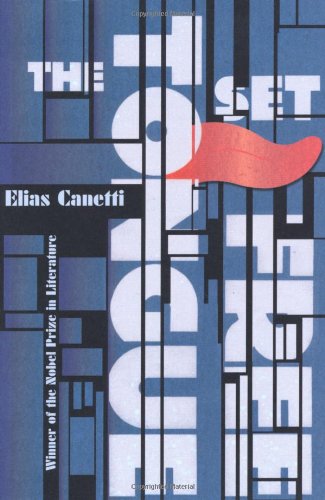


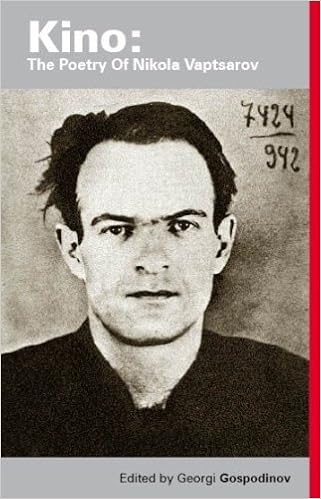
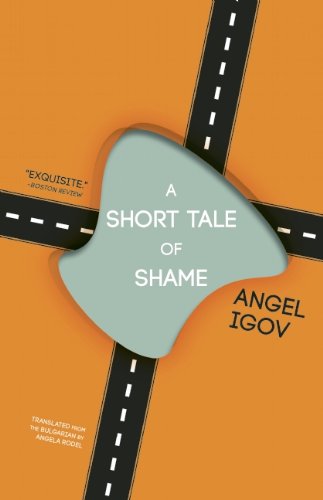
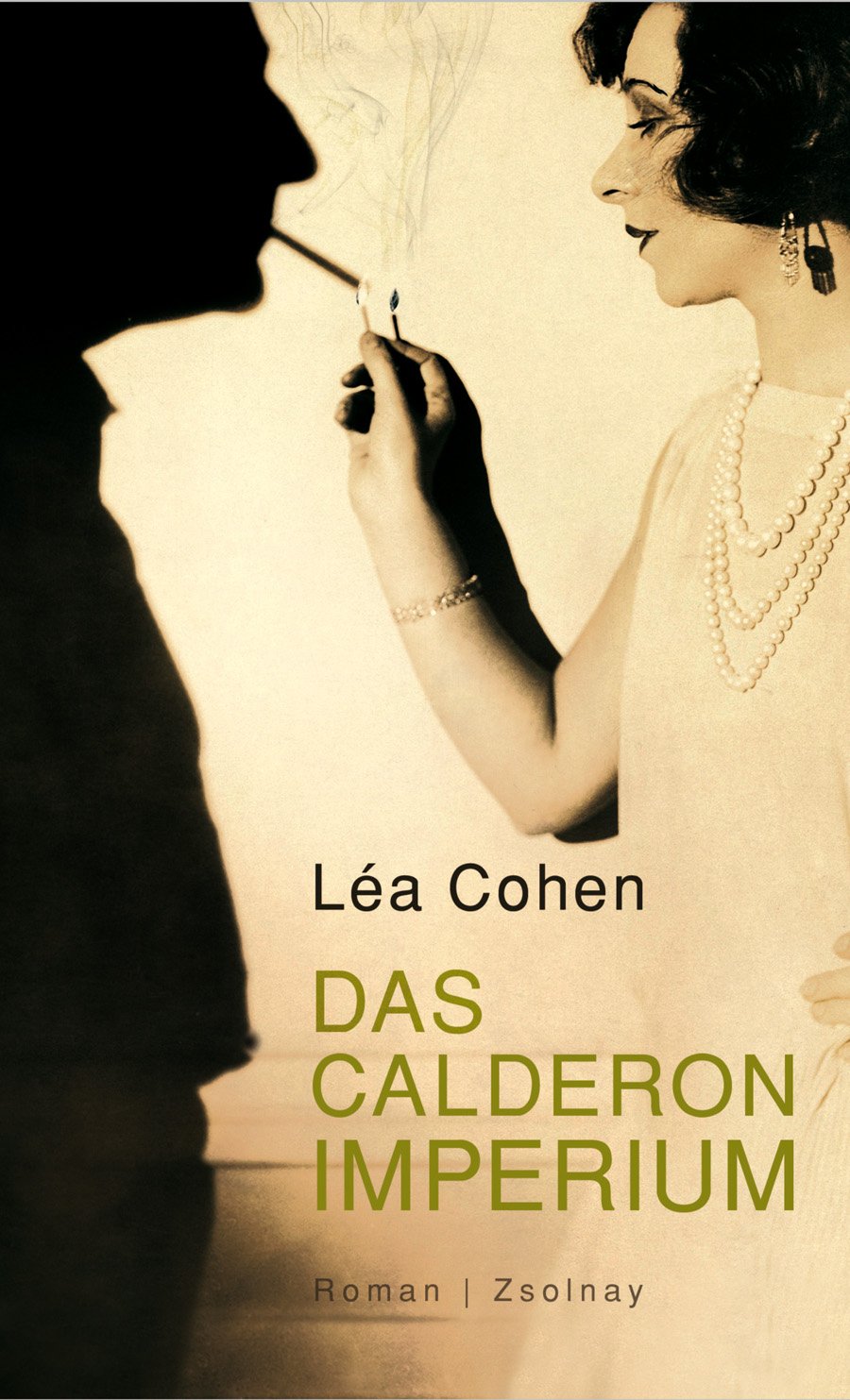
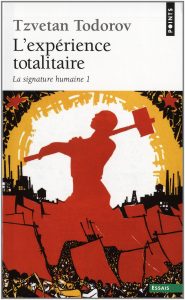
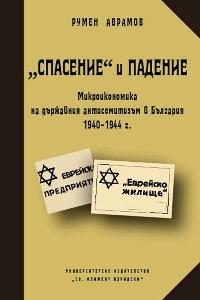


 Facebook
Facebook RSS
RSS Twitter
Twitter